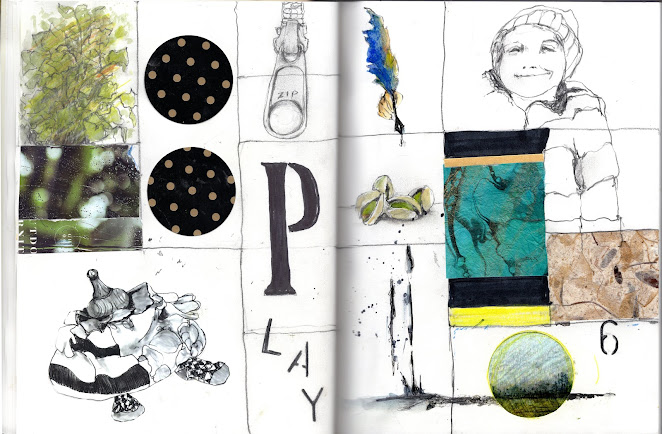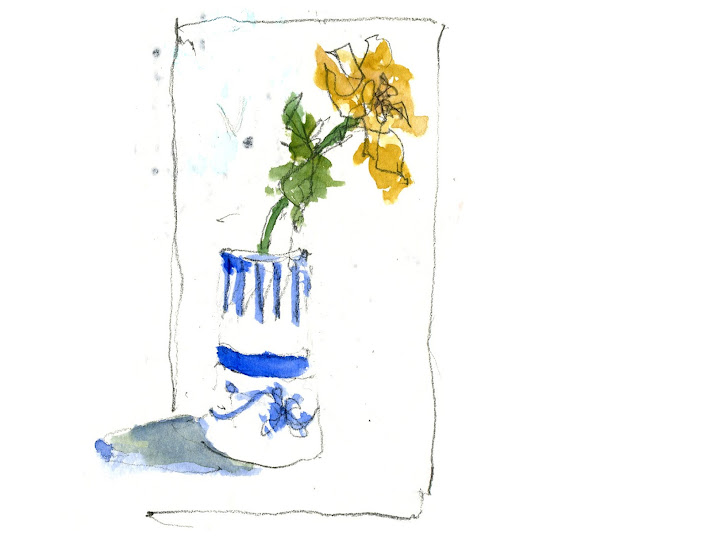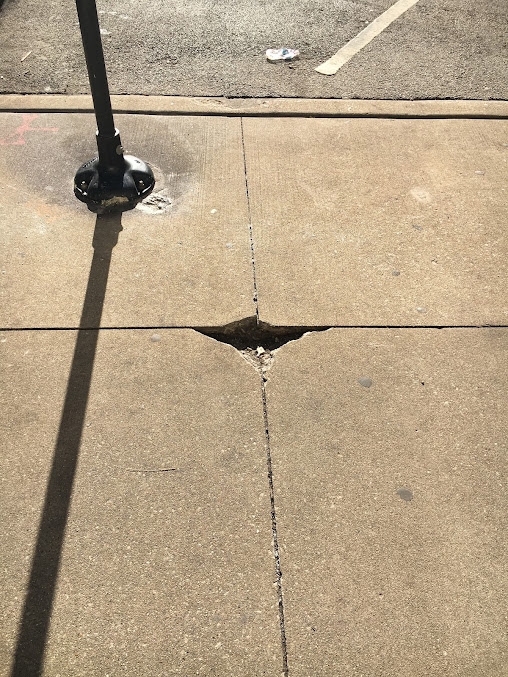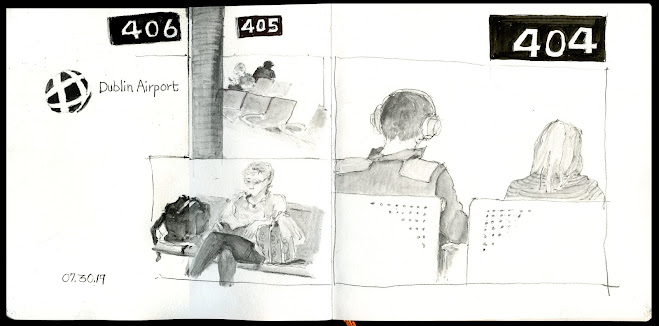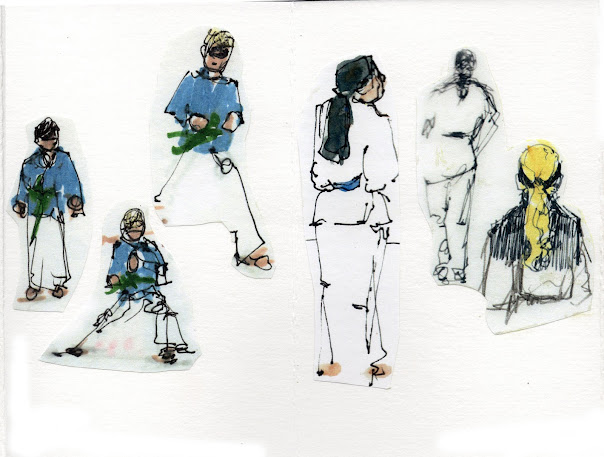USk Chicago is thrilled to announce that we'll be having a seminar in July! All the details will be posted on the Seminar Blog and the highlights will be posted on this blog.
This is a a recap of an article I wrote several years ago but the information is still on the mark as we begin to think about taking classes again.
Are You Ready?!
How about you? Are you ready for a workshop? Whether it’s an online class, a local workshop, one that involves travel or even if you’re working you way through a self-study book there are certain things that will help you get the most out the experience. Over the years I’ve given workshops and taken many classes both on-site and online. I’ve found my mindset is the most important factor in what I take away from the class.
- SET A GOAL – Why am I taking this class? What do I hope to learn?
- KEEP AN OPEN MIND – Pay attention and follow directions. It’s easy to fall into the attitudes of “that isn’t the way I do it” or “that isn’t the way so-and-so does it” but leave those notions behind at least for the duration of the workshop.
- THINK PROCESS NOT PRODUCT (I know, I say that all the time) – It takes practice to learn new techniques and methods.
- ASK QUESTIONS – Your instructor wants you get the most out of your time in the class.
Remember, whether your a novice or a working pro, there is another thing you need for a successful workshop experience, that’s a positive and open workshop-state-of-mind.
Links

